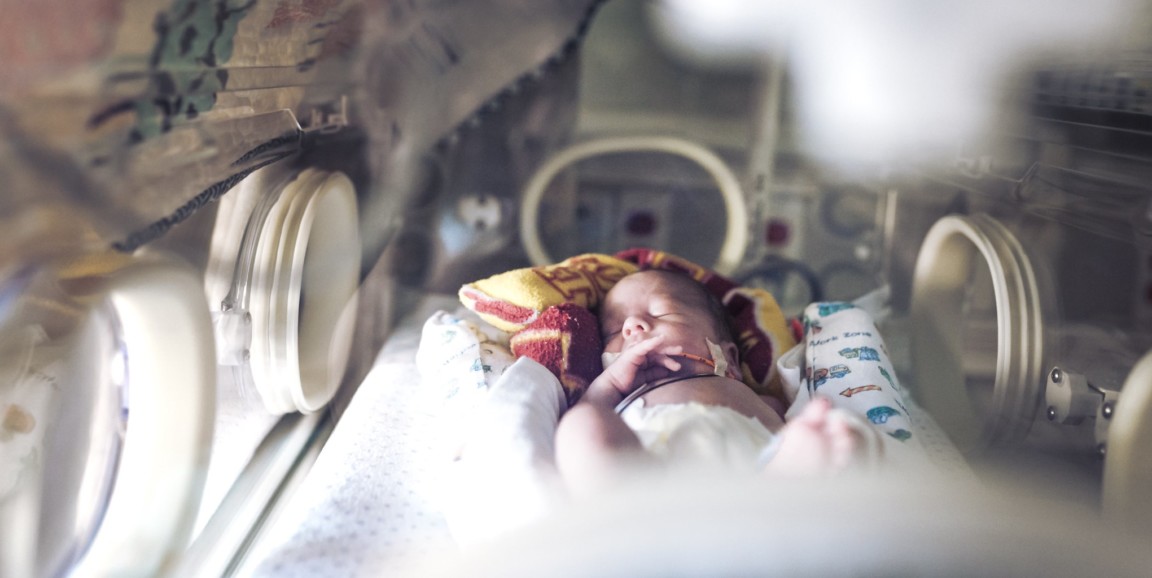Babies born to women who experienced an assault in their homes during pregnancy are more likely to be born prematurely and have a very low birth weight -- which could lead to a lifetime of poor health and economic well-being, Stanford Health Policy research has found.
Health economist Maya Rossin-Slater, PhD, examined the effects of prenatal exposure to violent crime on infant health, using New York City crime records that are linked to birth records data. She and her colleagues found that in-utero assault significantly increases the incidence of adverse birth outcomes.
The findings were released in a NBER working paper last year; an updated version has since been accepted by the Review of Economics and Statistics.
In their analysis, the researchers found that assault during pregnancy leads to increases in the rates of very low birth weight (less than 3.3 lbs.) and low Apgar scores, a widely used metric for evaluating newborn health.
"Our results imply that interventions that reduce violence against pregnant women can have meaningful consequences not just for the women -- and their partners -- but also for the next generation and society as a whole," Rossin-Slater said.
Findings timely due to COVID-19-related jump in domestic violence
Their research was conducted before the COVID-19 pandemic disrupted virtually every American household in a myriad of ways, including through an increase in domestic abuse. Rossin-Slater notes several studies have identified an association between stay-at-home orders and an increase in 911 domestic-violence calls and incidents in which police have been called to the scene. And there are likely many more cases that are not captured in the data.
That makes understanding the ramifications of domestic violence even more important, researchers believe.
"Lower-income pregnant women are more likely to be domestic violence victims than their more advantaged counterparts, and COVID-19 likely amplifies this disparity through the shelter-in-place orders," said Rossin-Slater. "And then, the children of women who experience this violence are as a result also at a disadvantage -- and this disadvantage may affect them throughout their life and even into their own children's life."
The research team also calculated the collateral economic damage of assaults on pregnant women.
They estimated that the annual social cost of violence during pregnancy in the United States is $3.8 billion to $8.8 billion. Those costs result from the increased rate of adverse birth outcomes, which in turn lead to a higher rate of infant mortality, increased medical costs at and immediately following birth, increased costs associated with childhood and adult disability, decreases in adult income, and reductions in life expectancy.
"Measuring the social cost of crime -- and especially violent crime -- is crucial for policy debates about the judicial system and programs that impact criminal behavior more broadly," the authors concluded.
Rossin-Slater is also a faculty fellow at the Stanford Institute for Economic Policy.
Photo by Getty Images






